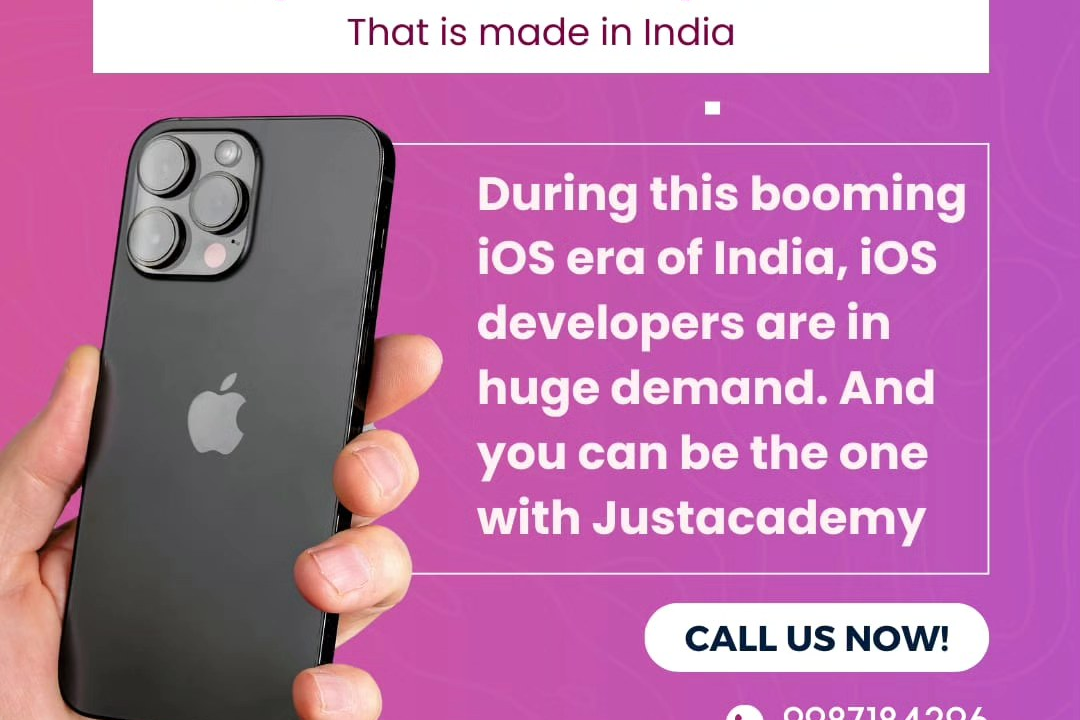Mobile Analytics for Apps
App Analytics on the Go
Mobile Analytics for Apps
Mobile analytics for apps refers to the process of collecting, measuring, and analyzing data related to user interactions and behaviors within mobile applications. This involves tracking key metrics such as user engagement, acquisition, retention, and conversion rates, enabling app developers and marketers to gain insights into how users navigate and utilize the app. By leveraging analytics tools, organizations can identify user demographics, monitor in-app behaviors, and evaluate the effectiveness of marketing campaigns, which ultimately helps in making data-driven decisions to enhance user experience, optimize app performance, and drive growth. Effective mobile analytics not only aids in understanding user preferences but also supports iterative development, ensuring that the app evolves in alignment with user needs and market trends.
To Download Our Brochure: https://www.justacademy.co/download-brochure-for-free
Message us for more information: +91 9987184296
1 - Definition of Mobile Analytics: Mobile analytics refers to the measurement and analysis of data from mobile applications to understand user behavior, app performance, and overall engagement.
2) Importance of Data Driven Decisions: Using mobile analytics, app developers can make informed decisions about app features, marketing strategies, and user experience improvements based on real user data.
3) User Acquisition Metrics: Understanding how users find and install the app is crucial. Metrics include the number of downloads, referral sources, and campaign effectiveness.
4) User Engagement Metrics: These metrics provide insights into how users interact with the app, including session duration, active users, and frequency of use.
5) Retention Rates: Analyzing how many users return to the app after their first visit helps in understanding overall app health. High retention rates often indicate a successful app experience.
6) Churn Analysis: Identifying when and why users stop using the app is vital for improving user retention. This data can inform strategies to re engage users.
7) In App Behavior Tracking: Observing how users navigate through the app, which features they use the most, and where they drop off can highlight areas for improvement.
8) Conversion Tracking: Measuring specific user actions, such as purchases or sign ups, allows developers to assess the effectiveness of their app in achieving business goals.
9) A/B Testing: Mobile analytics enables developers to conduct A/B tests on different app versions to determine which design or feature performs better with users.
10) User Demographics: Understanding the demographic breakdown of the user base, including age, location, and device type, helps tailor marketing campaigns and app features.
11) Real Time Analytics: Monitoring app performance in real time allows for immediate responses to issues and understanding user behavior as it happens.
12) Integration with Marketing Analytics: Combining mobile analytics with marketing tools provides a holistic view of user journeys from acquisition through retention.
13) Performance Monitoring: Tracking app crashes, loading times, and performance glitches ensures a smooth user experience and helps in timely bug fixes.
14) Compliance and Privacy Concerns: Educating students on the importance of data privacy and compliance with regulations like GDPR is essential when handling user data.
15) Use of Analytics Tools: Familiarizing students with popular mobile analytics tools (like Google Analytics for Firebase, Mixpanel, Flurry, etc.) and their functionalities equips them with practical knowledge.
16) Future Trends in Mobile Analytics: Discussing emerging trends, such as machine learning in analytics, can inspire students to think about future innovations in app development.
17) Case Studies of Successful Apps: Analyzing case studies of successful apps that leveraged mobile analytics can provide real world examples of best practices.
18) Hands On Projects: Incorporating projects where students analyze app data using analytics tools can provide practical experience and enhance their understanding.
This structure can effectively guide the training program, offering comprehensive insights into mobile analytics for aspiring app developers.
Browse our course links : https://www.justacademy.co/all-courses
To Join our FREE DEMO Session: Click Here
Contact Us for more info:
learn tableau online for free
Flutter Training in Kolkata
full stack java developer course in pune
Best Angular online course
Software Test Courses Near Me











